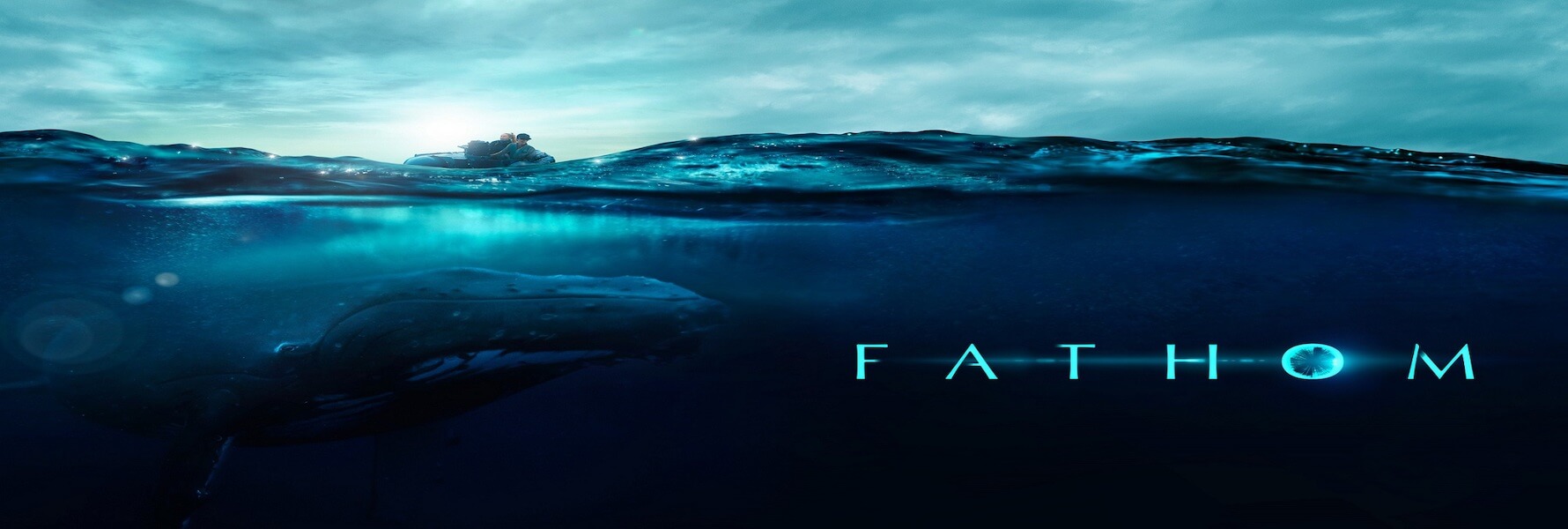
“Whales demanded a new story,” she writes. Spurred by her encounter with the doomed humpback, she questions the conventional wisdom that all is well with whales now that conservation campaigns have helped their populations rebound over the last few decades.

Giggs is worth reading for her spotlight observations and lyricism alone, but she also has an important message to deliver. This discerning and insistent gaze captures the spirit of “Fathoms: The World in the Whale,” Giggs’s delving, haunted and poetic debut. She did not glance away from the hard facts: recognizing that the blubber that had insulated it in the Antarctic now meant that it “was boiling alive in the kettle of itself.” And as the vigil came to an end, she didn’t shy from staring it in the eye - the “color of midnight, midocean,” with “no eyelashes” and “no tear ducts.” While other Australians dandled babies in pastel rompers or munched fish and chips, Giggs honored the whale with her sustained attention, noting how, “because it was still young, it was pink in the joints under its fins” and how the shore break “concertinaed” its chest, as the rush of water momentarily buoyed its tons. “Those who contemplate the beauty of the earth,” she wrote, “find reserves of strength that will endure as long as life lasts.FATHOMS The World in the Whale By Rebecca GiggsĪ few years ago, the writer Rebecca Giggs found herself at a public attraction: the beaching of an immature humpback whale. Her other books, such as “Under the Sea-Wind” and “The Sea Around Us,” are an abiding invitation to wonder. She argued not only for the practical benefits of preserving the planet, but for the importance of land, sky and water to the human spirit as well.

In a season already shadowed by a pandemic, along with racial and political strife, are many readers ready for another book with such an alarming message?īut Carson, though rightly recognized for laying bare the unintended consequences of manmade poisons, was something more than a hair-shirted prophet of environmental ruin. Carson (1907-64) is best known for “Silent Spring,” her seminal and sobering 1962 account of how pesticides were damaging the environment. “Fathoms,” Australian writer Rebecca Giggs’s survey of the embattled ecology of whales, has prompted comparisons to the work of Rachel Carson, praise that’s not without its complications. Humpback whale swimming off the island of Tonga.


 0 kommentar(er)
0 kommentar(er)
